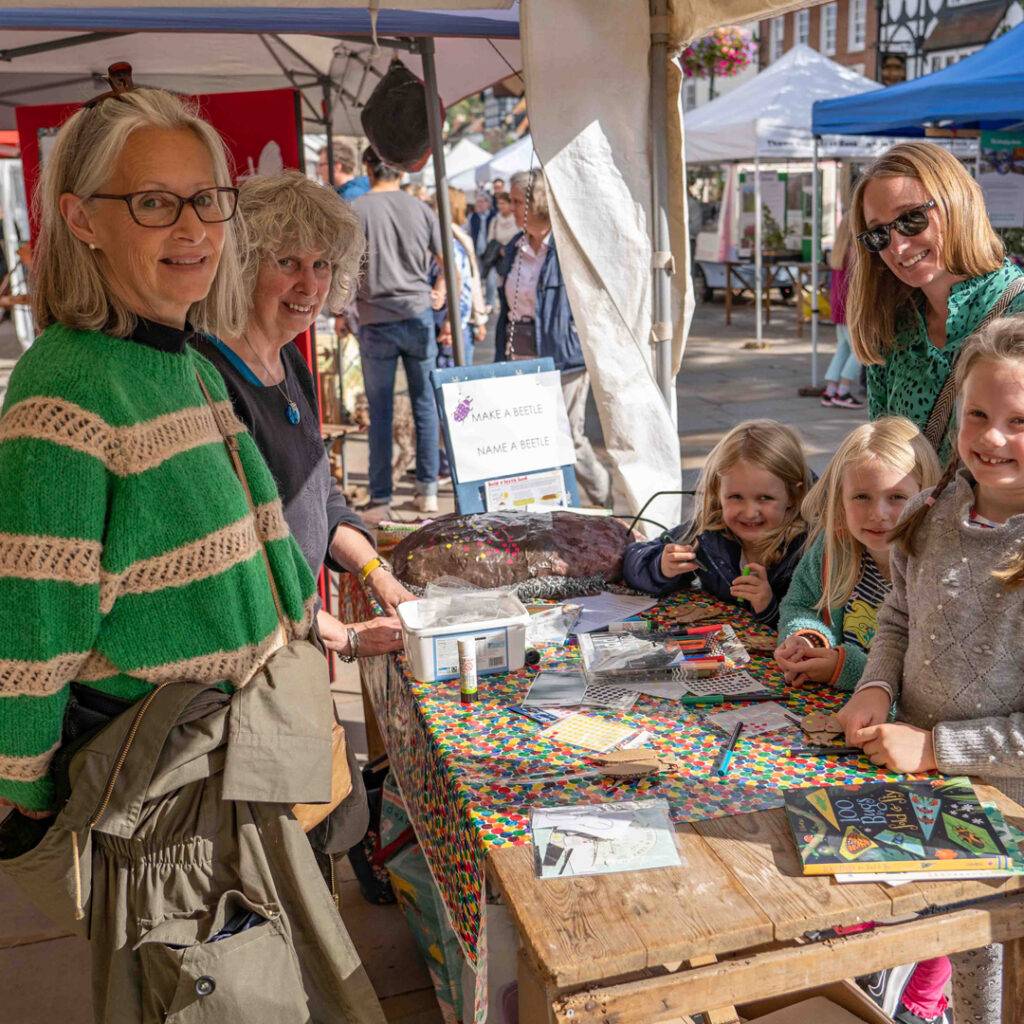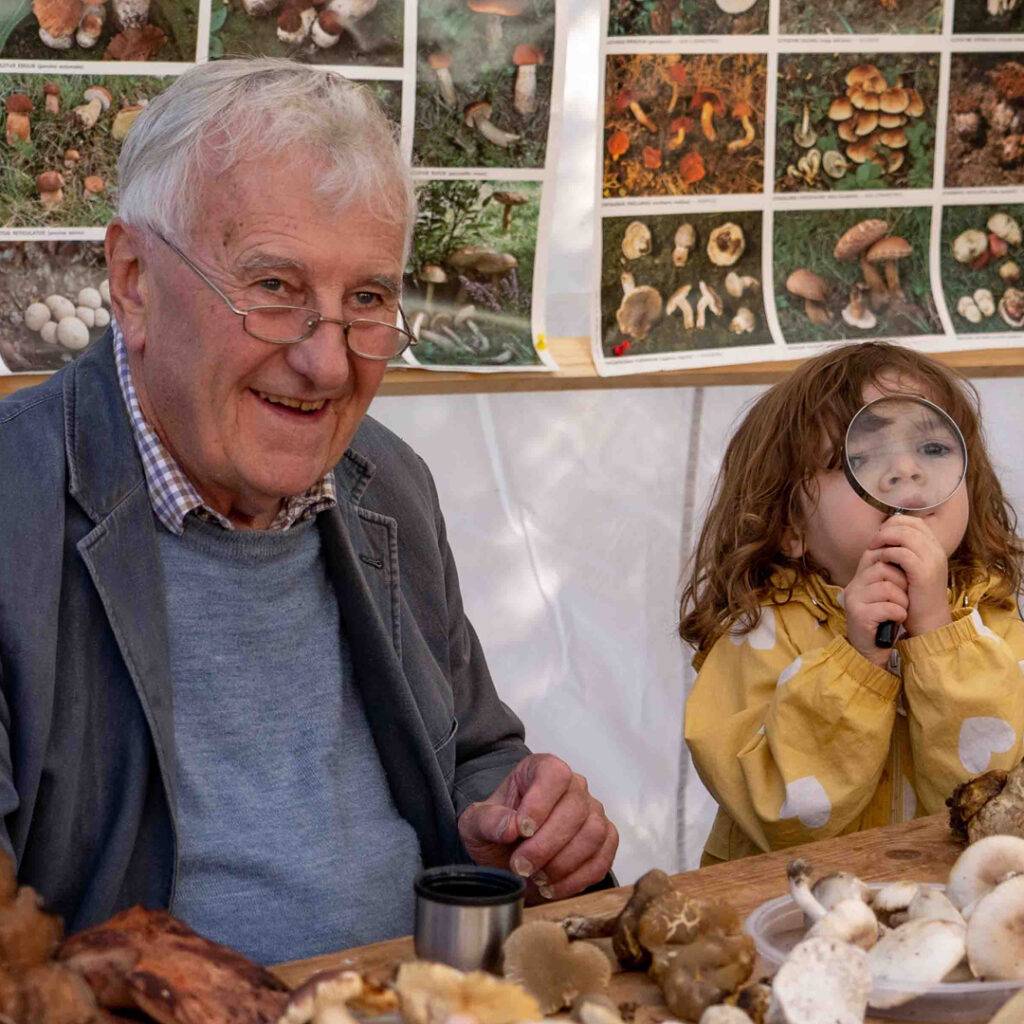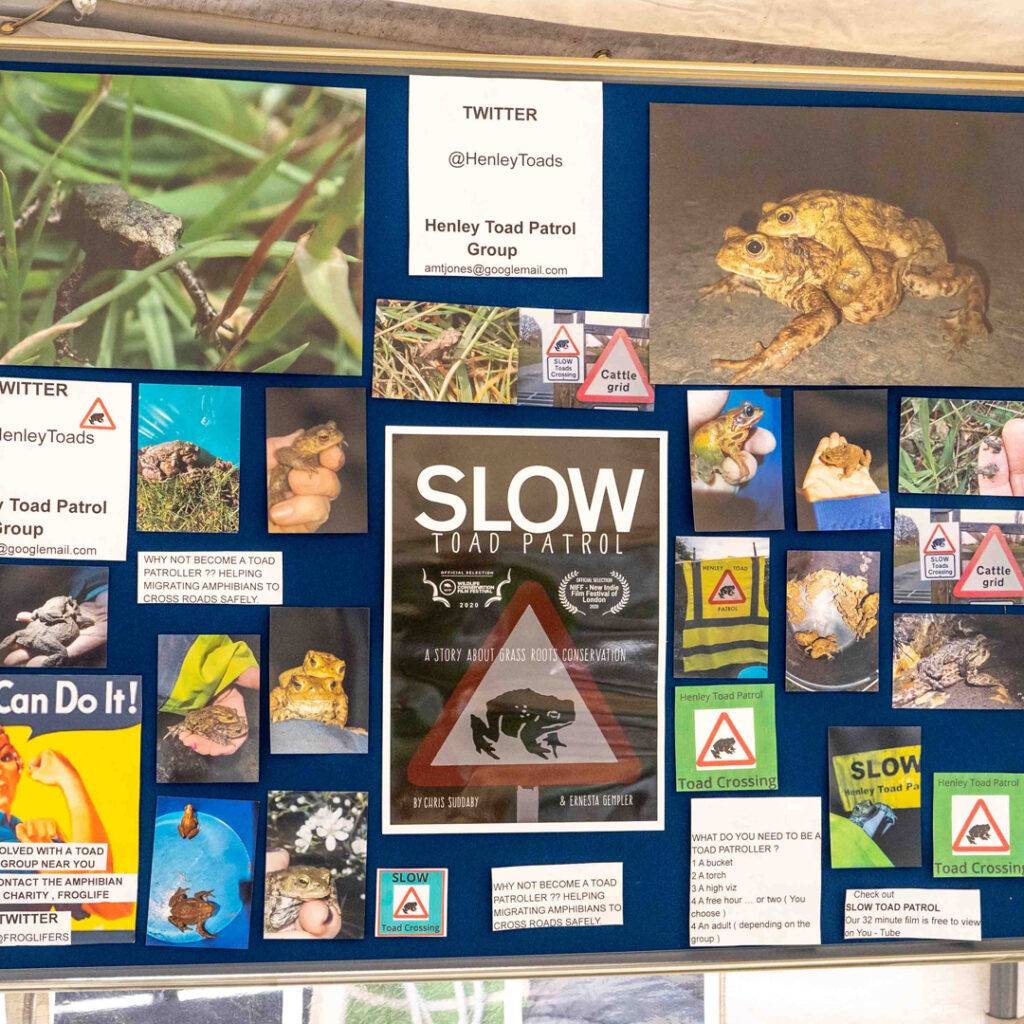Join Greener Henley and friends for Great Big Green Week and find out how together we can tackle climate change and bring nature and wildlife back to its full glory
The UK’s biggest celebration of community action to protect the planet is back, showing that people everywhere are wanting to help create a better tomorrow.
Greener Henley have organised a week of events for local residents to enjoy, bringing people together to celebrate, and get involved in, what’s happening in and around Henley for climate and nature.




From 8th to 16th June, we’ll have walks, talks, film, art sessions, gallery exhibitions, poetry, and a sustainability workshop for local businesses. Our Nature Discovery Day, down by the River at Mill Meadows, kicks off the week and includes something for everyone, with nature-focused activities for all ages. We’ll have conservation groups and local experts on hand to explore and discuss everything from butterflies and birds to fungi and river water quality, plus a wildlife photography session. Collect your free native wildflower seeds and take part in our Nature Squared campaign, helping Henley get closer to our total of 500m2 of plants for pollinators.
Why not bring a picnic, join the wildflower walk, butterfly sweep, or bug hunt and make a day of it. Pop into the River and Rowing Museum’s Kirkham Gallery to see work from our local students for our Schools Environment Science Challenge on the theme of ‘Pollution’, alongside artworks from the wonderful waterside arts & ecology project that is The Beautiful Blue. In the afternoon you can, let your creativity and love of nature entwine at The Gardening Drawing Club, a family friendly art and gardening session at Henley Library.
Our guest speaker, Professor Chris Merchant talks ‘climate’ on the evening of 10th June at the Town Hall Council Chamber, at ‘In Our Hands: Our Climate Future’. Find out about the key science that makes climate change a formidable challenge, and how ingenuity and determination can meet the Net-Zero target.
Kate Oldridge, Greener Henley’s Chair said: “GBGW is a wonderful opportunity for our community to come together to stand up for nature and fight climate change. There are a whole host of activities in Henley for everyone across the community to get involved in. We can all do something to help, whether that means taking part in our Nature Squared campaign by planting seeds for pollinators, continuing the conversation about something you discover at GBGW, or asking our local decision makers to support action on climate and nature. Let’s make this the biggest and boldest GBGW so far – come out, get involved, take action.”
Events currently planned to take place during Henley’s Great Big Green Week include:
Saturday 8th: Nature Discovery Day, 10am-2pm, Mill Meadows – participants include Henley Toad Patrol, Upper Thames Butterfly Conservation Group, BBOWT, Henley Car Club, chalk stream volunteers and many more.
Saturday 8th: Plant vs beef taste test: Which burger’s best? 12-2pm, outside Pavilion Foods.
Sunday 9th: Green screen: Elephant Mother, plus panel discussion, 2-5pm, Regal Picturehouse. Ticketed.
Monday 10th: ‘In Our Hands: Our Climate Future’ talk on climate change with Q&A, 7-9pm, Town Hall Council Chamber.
Tuesday 11th: Poetry Readings from ‘Tread Gently on the Earth’ poetry competition, 6-7:30pm, Henley Library.
Wednesday 12: Wilding, a special preview screening, plus expert panel, 8-10.15pm, Regal Picturehouse. Ticketed.
Thursday 13th: Greening Your Business seminar & networking event with speakers, 5.30pm-7.30pm, Thames Room, River & Rowing Museum.
Week-long events:
Fun scavenger hunt: Find the letters hidden in crafted flowers in 10 shop windows around town and work out the mystery word.
Henley’s Big Green Road: Choose from eight books that make for interesting reads and start the conversation!
Exhibitions in the Kirkham Gallery, River & Rowing Museum: running alongside each other from 23rd May to 17th June: Pollution: an exhibition of work by local students in response to Greener Henley’s Environmental Science Challenge and The Beautiful Blue: exploring water and our human relationship with it.
More information on individual events and how to book at GBGW 2024 – Greener Henley











